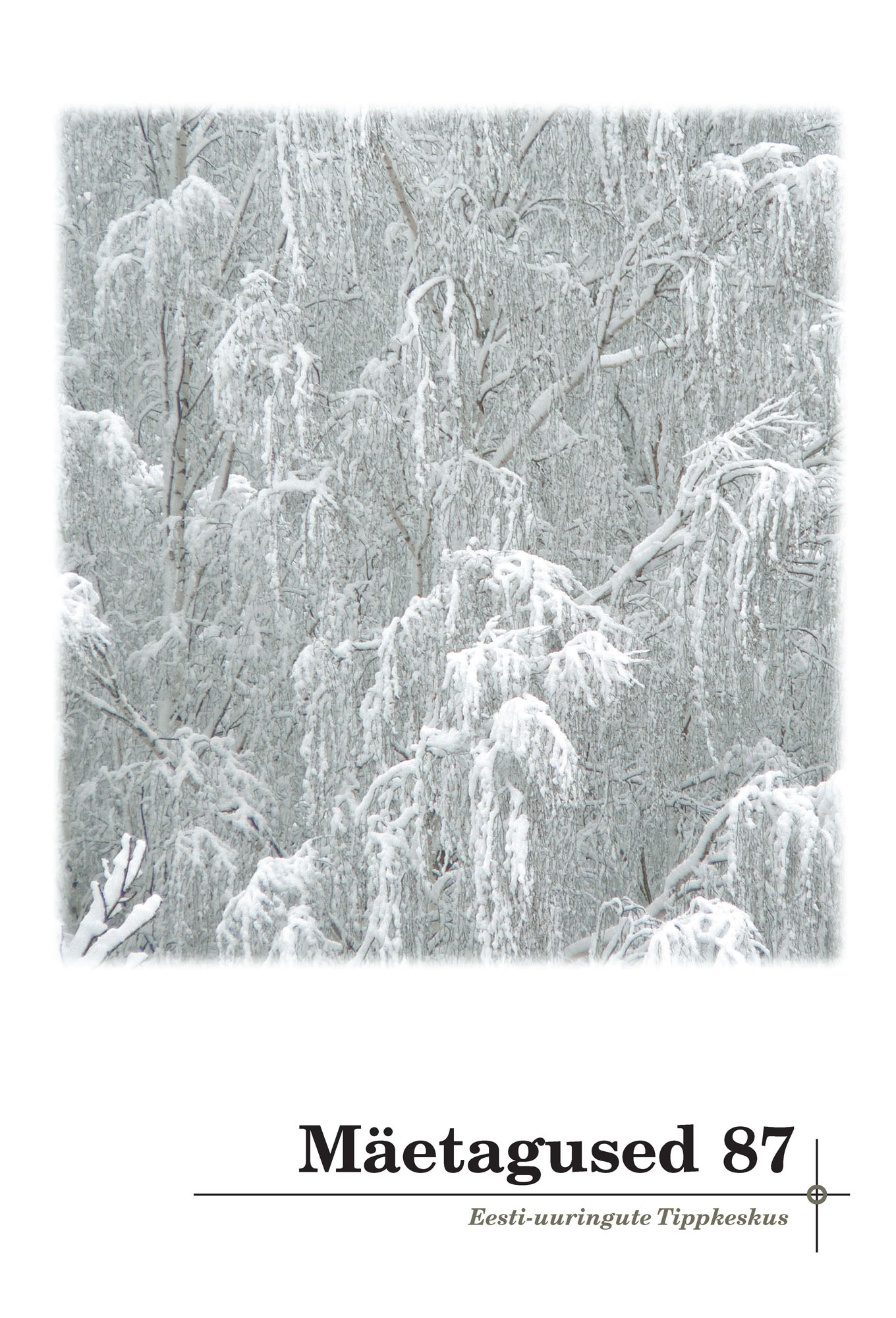Mesilased eesti usundilises folklooris
Bees in Estonian belief lore
Author(s): Mare KõivaSubject(s): Customs / Folklore, Cultural Anthropology / Ethnology, Culture and social structure , Health and medicine and law
Published by: Eesti Kirjandusmuuseum
Keywords: bee; honey; forest beekeeping; home beekeeping; soul epitome; legends; worldview; urban beekeeping; folk medicine; apitherapy; mythology; folklore;
Summary/Abstract: The article traces changes in human cognitive and social development using the example of the only domesticated insect, the bee. From the 13th to the 20th century, forest bee-keeping spread, using live trees as beehives, and later also log hives on the ground. The ways of keeping bees changed fundamentally in the 19th century with the introduction of new types of hives, and they also consolidated beliefs in relation to bees. Bees had numerous special names, euphemisms were used when talking about them and in incantations, in which bees were called men/workers or other kinship terms were used, and they were also called domestic animals of the guardian fairies. The article presents beliefs about bees as soul animals and various mythical stories that were associated with the journey of the soul, as well as the popular belief about the connection between the death of the owner and the bees. While earlier on honey denoted an abundant and ideal life in the minds of people, the bee represented a hardworking, loyal person, and bees were the epitome of the motherland in texts expressing national identity. In the foreground is the search for balance between human and other beings, human and the environment, which is expressed, e.g., by the declaration of the rights of bees and the development trends of urban representation.
Journal: Mäetagused. Hüperajakiri
- Issue Year: 2023
- Issue No: 87
- Page Range: 71-92
- Page Count: 22
- Language: Estonian

